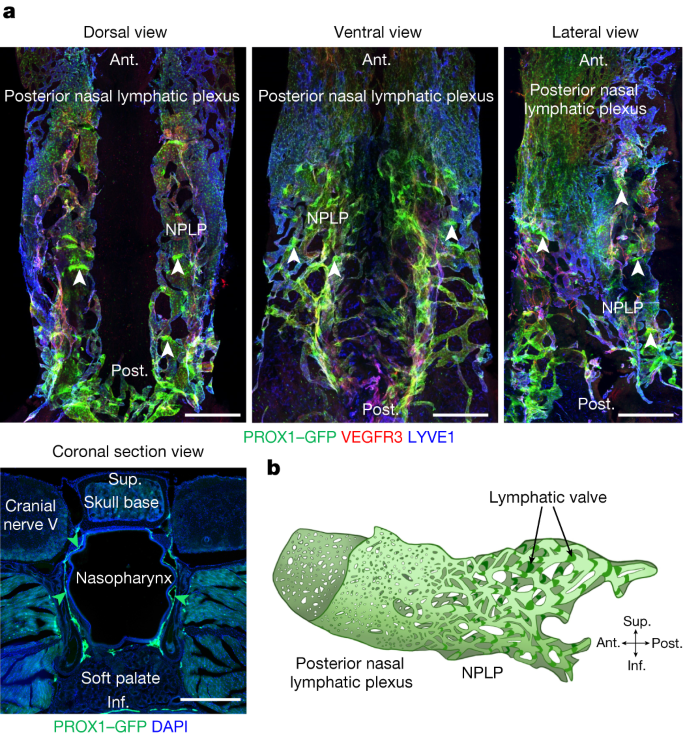2024-02-26 インペリアル・カレッジ・ロンドン(ICL)
◆現行の検査法では難しい部位へのアクセスも可能であり、外科的な生検のリスクを軽減できます。TriNetra-Glioは、グリオブラストーマ(GBM)などの高度な脳腫瘍の診断を早め、治療スピードを向上させ、生存率を増加させる可能性があります。研究は既に米国食品医薬品局(FDA)の注目を集め、今後の大規模な試験が成功すれば、イギリス国内で2年以内にこのテストが患者に提供されることが期待されています。
<関連情報>
- https://www.imperial.ac.uk/news/250996/imperial-research-breakthrough-could-spare-brain/
- https://onlinelibrary.wiley.com/doi/10.1002/ijc.34827
グリア悪性腫瘍の正確な血液診断のための循環グリア細胞のプロファイリング Profiling of circulating glial cells for accurate blood-based diagnosis of glial malignancies
Kevin O’Neill, Nelofer Syed, Timothy Crook, Sudhir Dubey, Mahadev Potharaju, Sewanti Limaye, Anantbhushan Ranade, Giulio Anichini, Darshana Patil, Vineet Datta, Rajan Datar
International Journal of Cancer Published: 26 December 2023
DOI:https://doi.org/10.1002/ijc.34827
Abstract
Here, we describe a blood test for the detection of glial malignancies (GLI-M) based on the identification of circulating glial cells (CGCs). The test is highly specific for GLI-M and can detect multiple grades (II–IV) and subtypes including gliomas, astrocytomas, oligodendrogliomas, oligoastrocytomas and glioblastomas, irrespective of gender and age. Analytical validation of the test was performed as per Clinical and Laboratory Standards Institute (CLSI) guidelines. Real-world performance characteristics of the test were evaluated in four clinical (observational) studies. The test has high analytical sensitivity (95%), specificity (100%) and precision (coefficient of variation [CV] = 13.7% for repeatability and CV = 23.5% for within laboratory precision, both at the detection threshold) and is not prone to interference from common drugs and serum factors. The ability of the test to detect and differentiate GLI-M from non-malignant brain tumours (NBT), brain metastases from primary epithelial malignancies (EPI-M) and healthy individual donors (HD) was evaluated in four clinical cohorts. Across these clinical studies, the test showed 99.35% sensitivity (95% confidence interval [CI]: 96.44%–99.98%) and 100% specificity (95% CI: 99.37%–100%). The performance characteristics of this test support its clinical utility for diagnostic triaging of individuals presenting with intracranial space-occupying lesions (ICSOL).
What’s new?
While most intracranial masses are non-malignant, it is critical to get a prompt, accurate diagnosis. However, obtaining brain tissue for evaluation is unpleasant and carries significant risks. Here, the authors describe a blood test for glial malignancies based on identification of circulating glial cells. The test successfully detects multiple grades and subtypes, including gliomas, astrocytomas, oligodendrogliomas, oligoastrocytomas and glioblastomas. The test was evaluated in four clinical studies and showed 100% specificity and 99.35% sensitivity. This blood-based approach could be particularly useful in cases where the lesion is unresectable or a biopsy is impossible.



